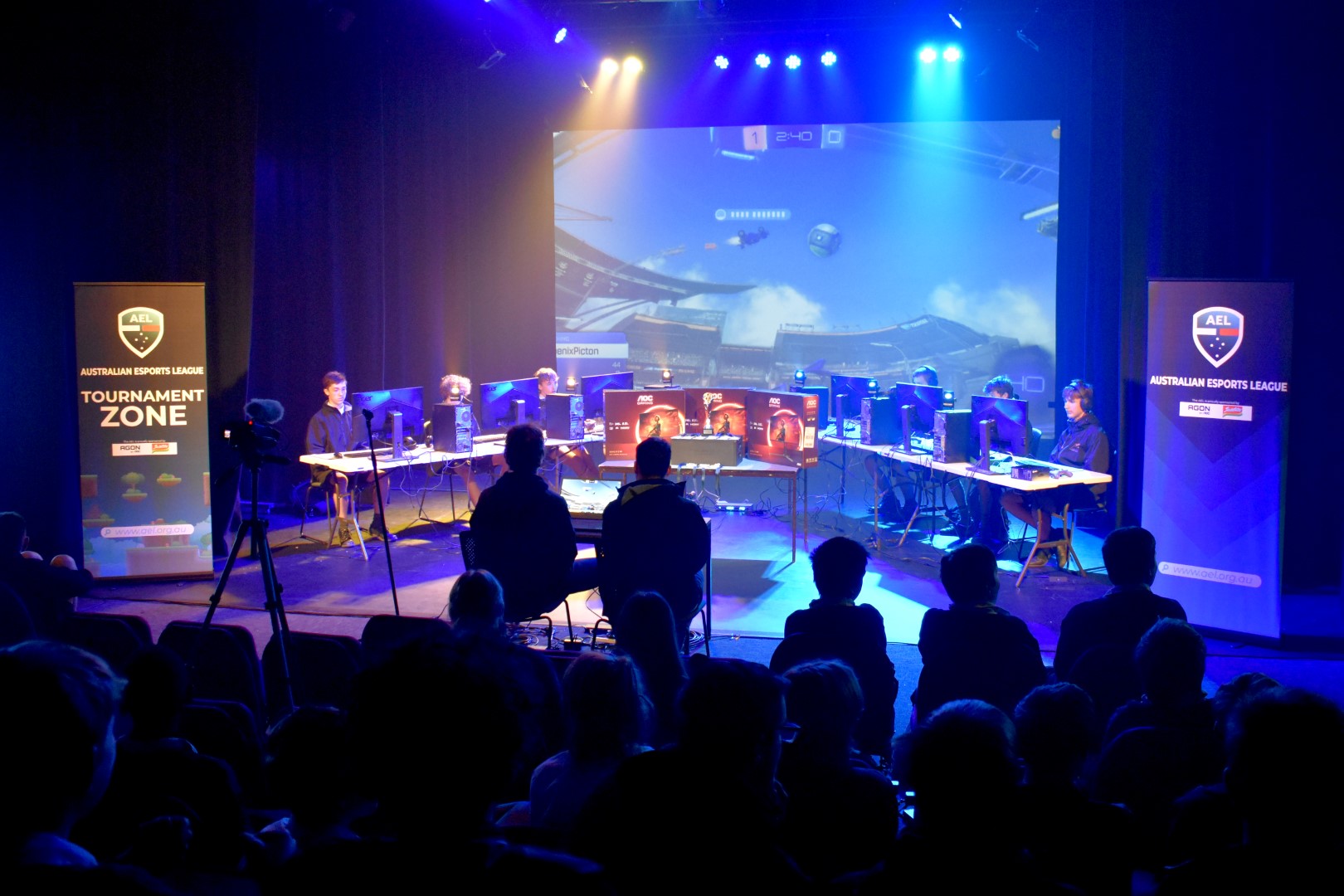
Phoenix P-12 Community College is still buzzing from the success of its first-ever AEL Gold Rush Cup, a thrilling Rocket League tournament that showcased the immense potential of esports in education. The event, held in partnership with the Australian Esports League (AEL), saw 42 students across 14 teams compete in a day of high-octane virtual action, culminating in a nail-biting grand final.
Held on the 2nd of June, the school’s theatre was transformed into the ‘Phoenix Esports Arena’ for the event, complete with a big screen for gameplay, a packed and cheering crowd, and an atmosphere described as “unbelievable.” The event was a testament to the school’s innovative approach to student engagement, and a shining example of how esports can provide a platform for students to connect with their school in new and meaningful ways.
James Nichols, Information Technology Teacher at Phoenix P-12 Community College who was instrumental in organizing the event, was thrilled with the outcome. “It was a massive success!” he shared. “What really stood out was how many students got involved in different ways. Beyond the players, we had students running tech, commentating, and helping to manage the event. It was such a great showcase of how esports can connect students to school, especially for those who might not normally engage in traditional extracurriculars.”
The competition was fierce, but ultimately, the team of Dylan, Baxter, and Locky emerged as the champions of the inaugural Gold Rush Cup. Link, Seth, and Codie took a well-deserved second place, while Byron, Decklan, and Aidan rounded out the top three.
The professional quality of the event was elevated by the support of the AEL, who provided trophies and high-performance AGON by AOC gaming monitors as prizes. This tangible recognition of the students’ skills and dedication added a layer of excitement and legitimacy to the competition.
Event in Photos
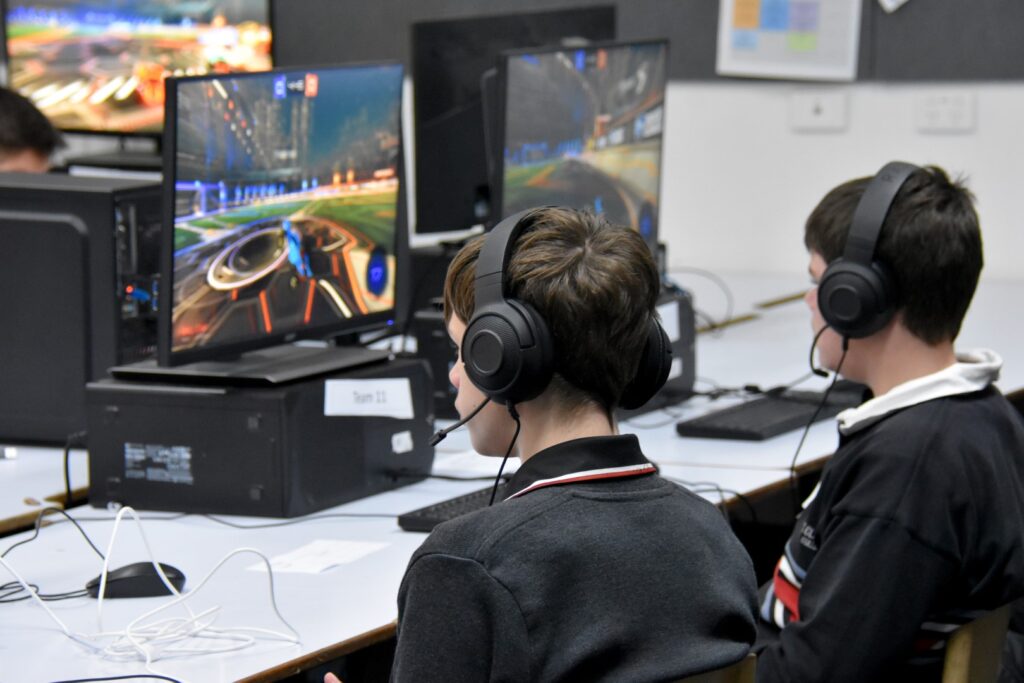
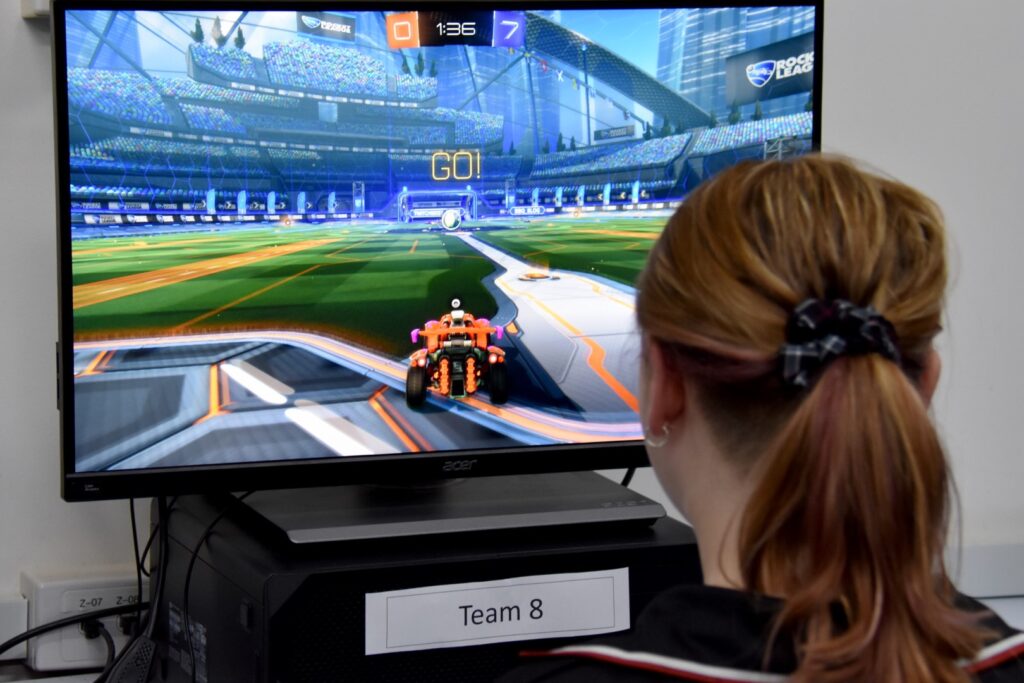
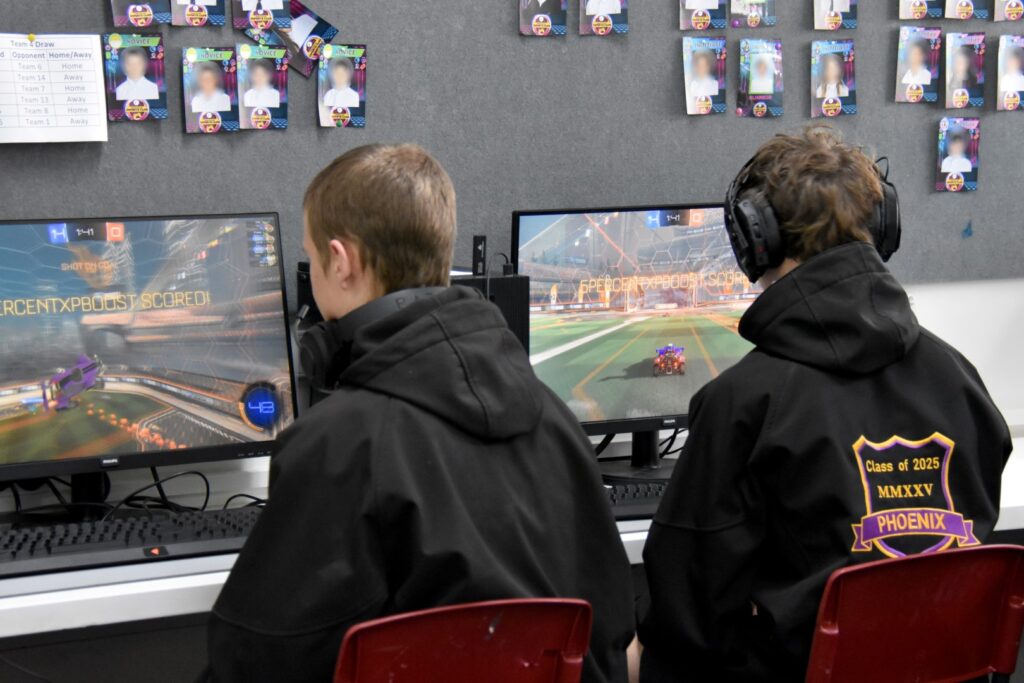
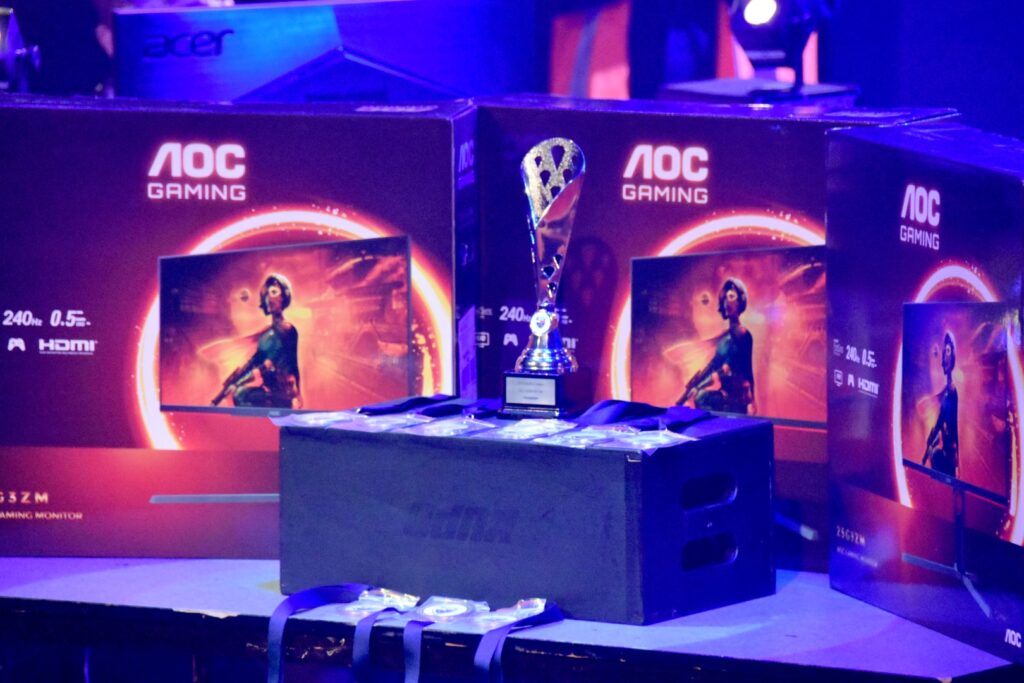
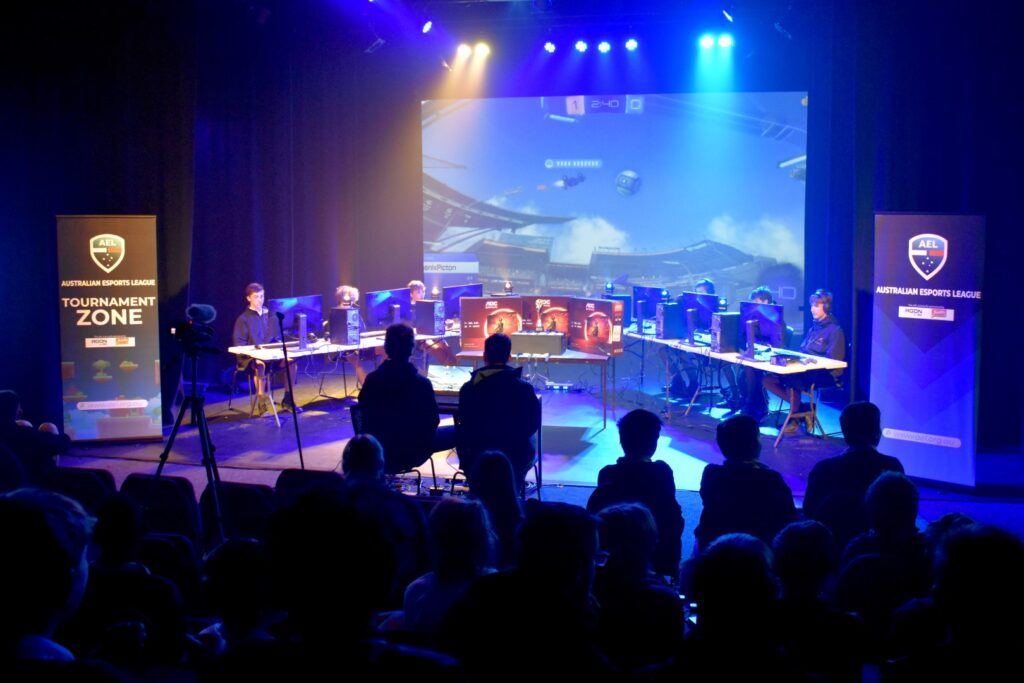
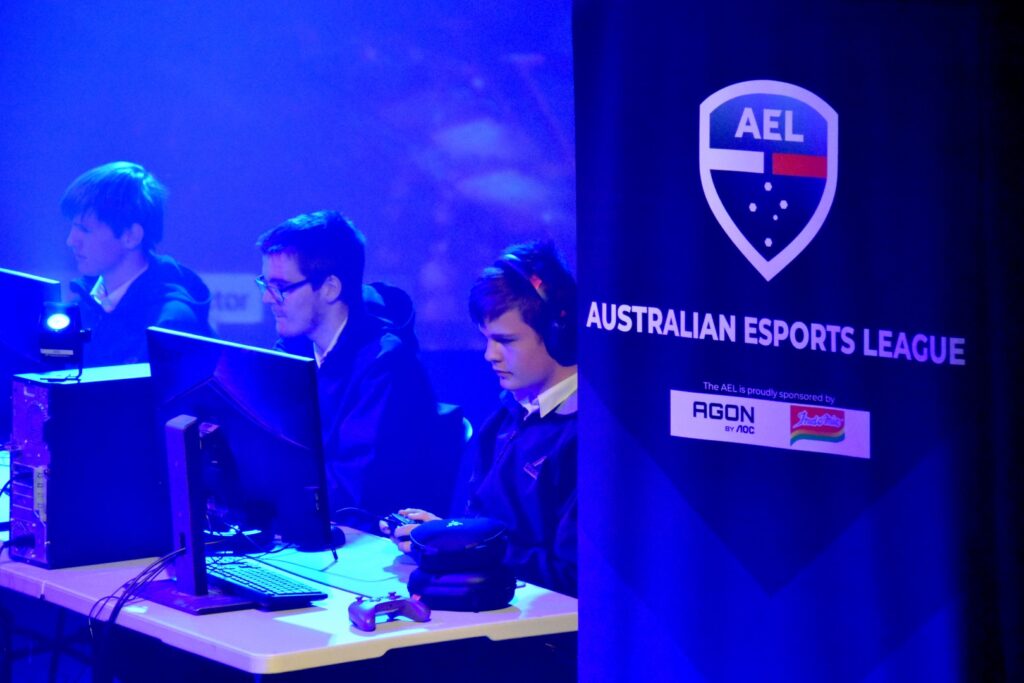
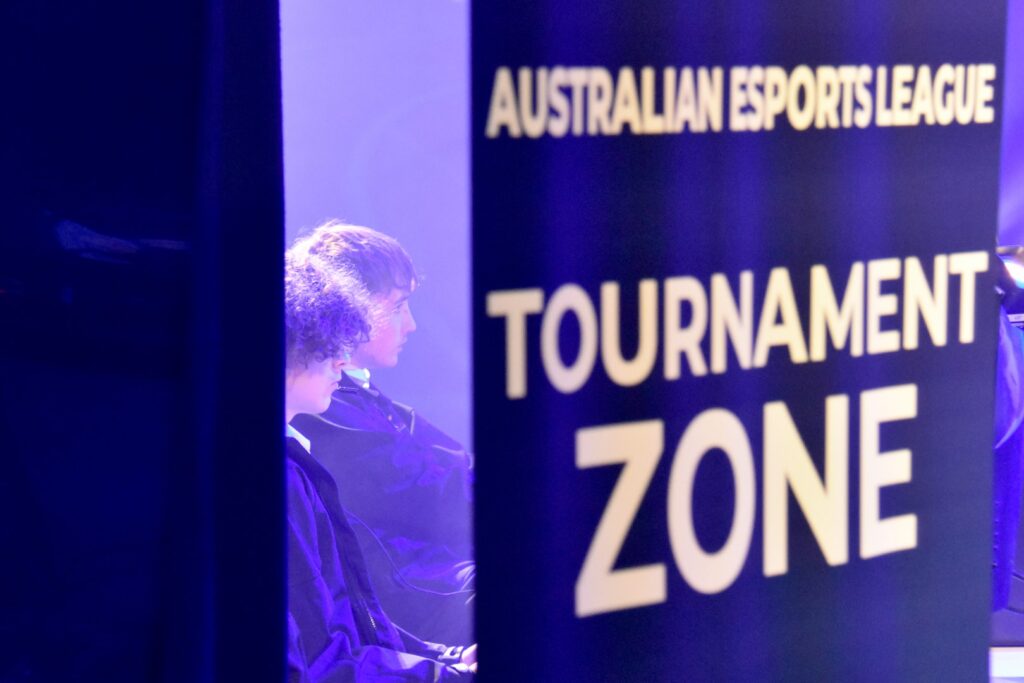
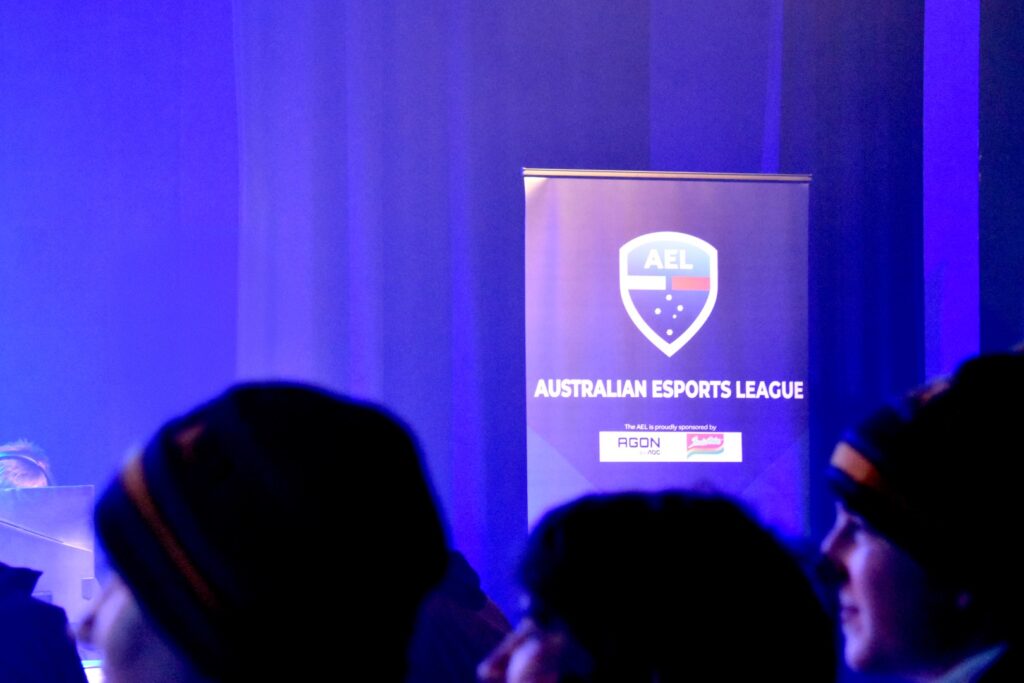
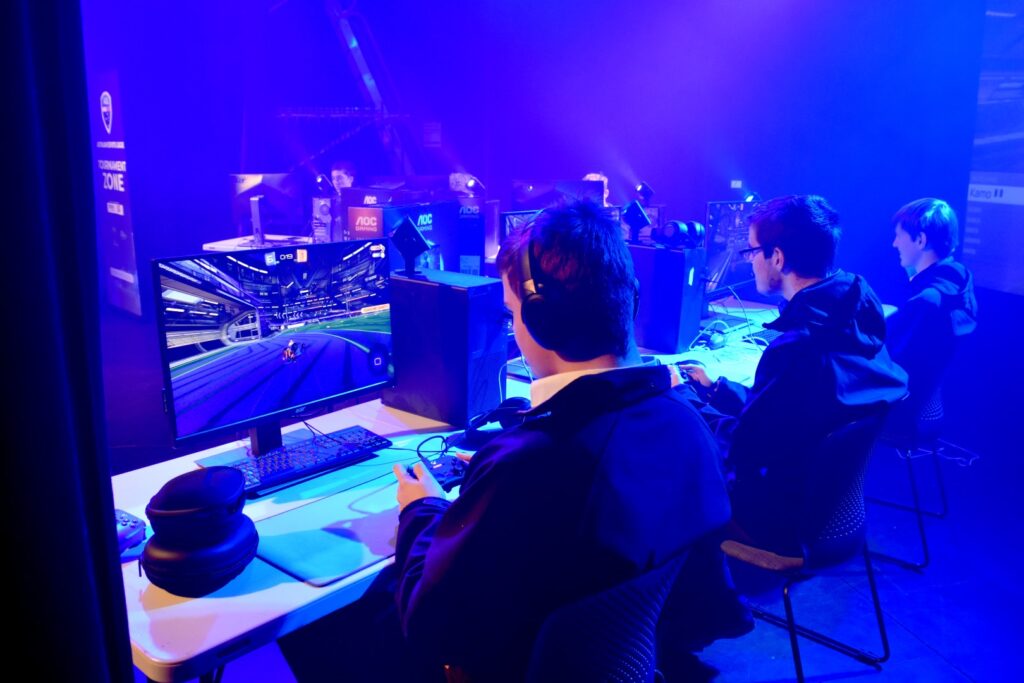
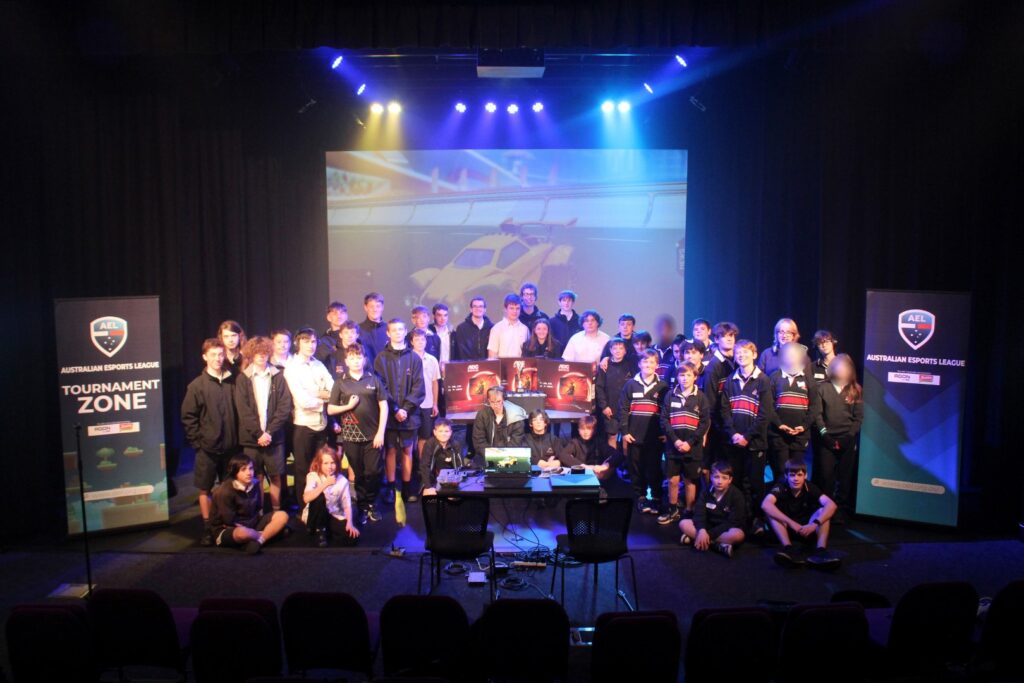

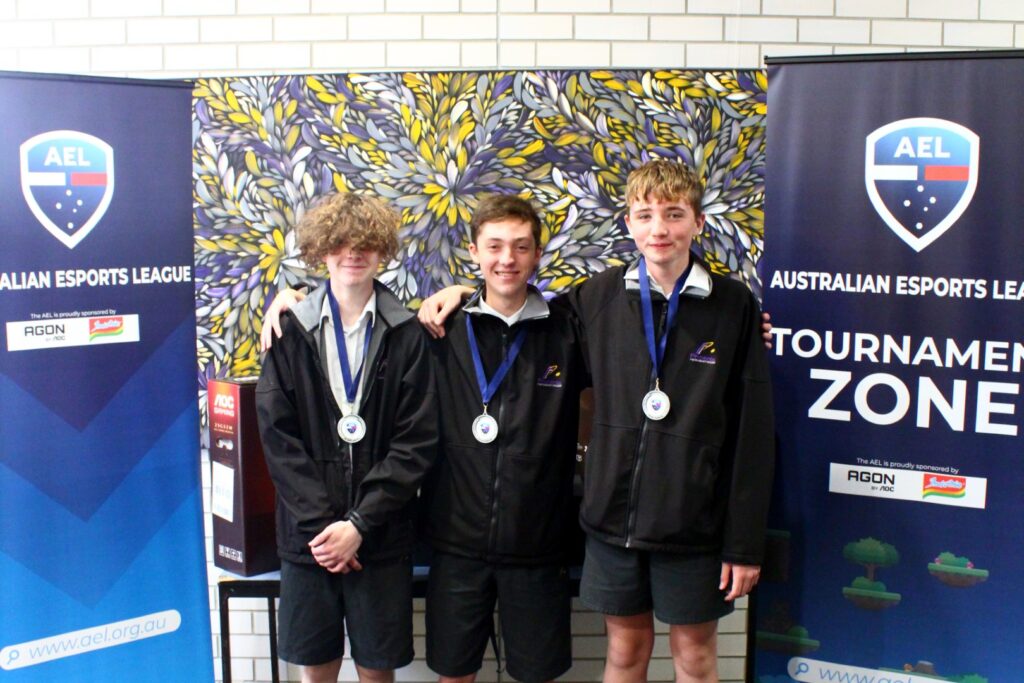
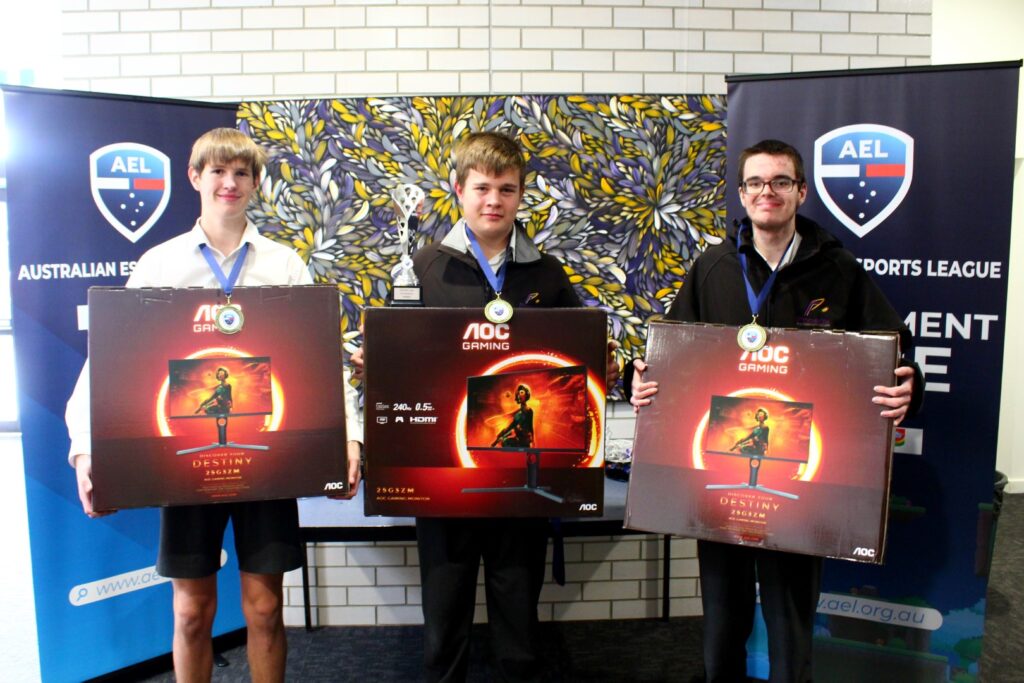

More Than Just a Game: The Power of Educational Esports
The success of the AEL Gold Rush Cup at Phoenix P-12 highlights a growing understanding of the educational value of esports. Far from being a simple pastime, organized competitive gaming offers a unique avenue for student development, fostering a wide range of valuable skills, including:
- Teamwork and Communication: Esports are inherently collaborative, requiring players to communicate effectively, strategize as a team, and work towards a common goal.
- Problem-Solving and Critical Thinking: The dynamic nature of competitive games demands quick thinking, adaptability, and the ability to analyze situations and make split-second decisions.
- Digital Literacy and Technical Skills: Students involved in esports gain hands-on experience with technology, from managing hardware and software to understanding streaming and event production.
- Student Engagement and Inclusivity: Esports programs can be particularly effective at engaging students who may not be drawn to traditional sports or clubs, creating a sense of belonging and community for a diverse range of learners.
Bring the Excitement of Esports to Your School with the AEL
The Australian Esports League is at the forefront of fostering the growth of esports in Australian schools. The AEL provides a structured and supportive framework for schools to establish their own esports programs and host exciting events like the Gold Rush Cup.
By partnering with the AEL, schools can:
- Access expert guidance and support in organizing and running esports tournaments.
- Offer students a pathway to compete in a professional and well-governed environment.
- Provide students with the opportunity to win impressive prizes, thanks to partnerships with leading brands like AGON by AOC.
- Join a growing community of schools that are embracing the future of student engagement.
The AEL Gold Rush Cup at Phoenix P-12 Community College is a powerful demonstration of what can be achieved when schools and the esports community collaborate. The event not only provided a memorable experience for the students but also laid the groundwork for future growth.
“We are really keen to sit down and determine the next step in bringing this to more schools in our local area,” said Mr. Nichols.
For schools interested in exploring the exciting world of educational esports and learning how to host their own event, the Australian Esports League is the ideal partner.
To learn more about how you can bring the thrill of competitive gaming to your students, reach us via email: schools@ael.org.au and get in touch with our dedicated team.
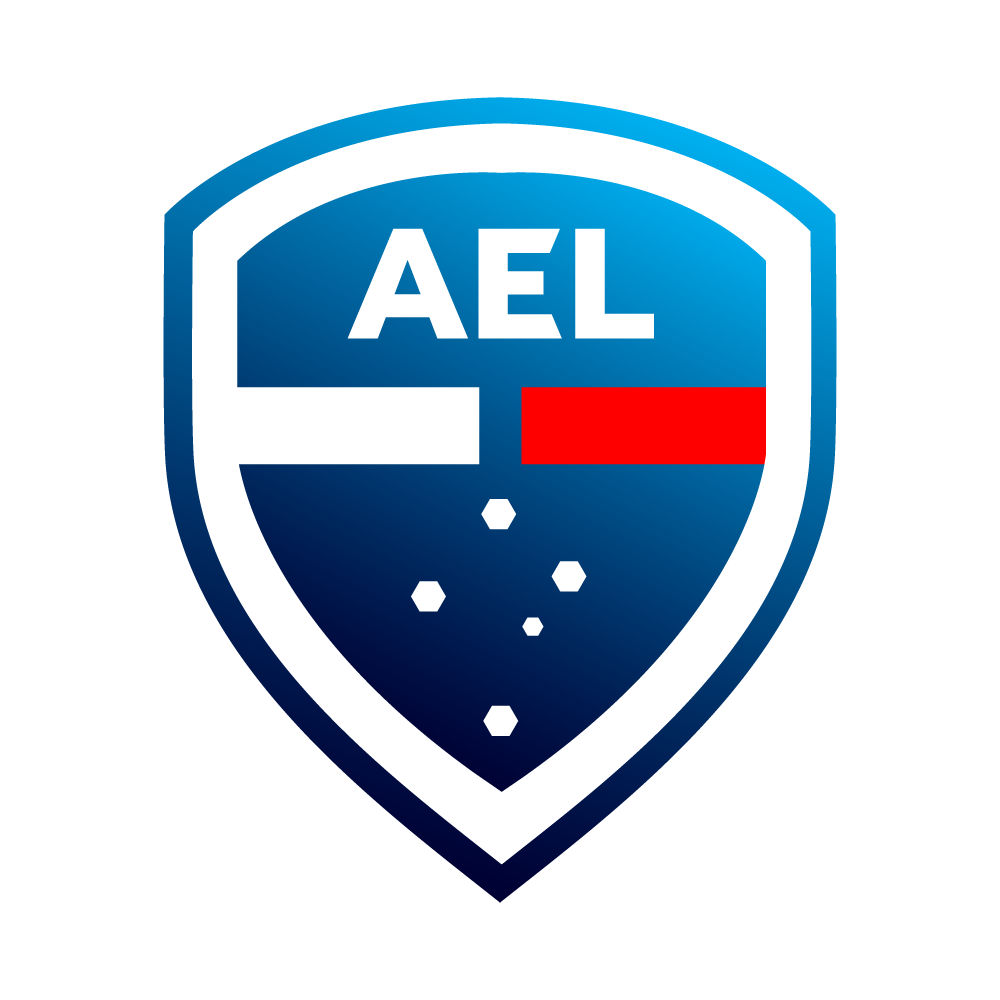
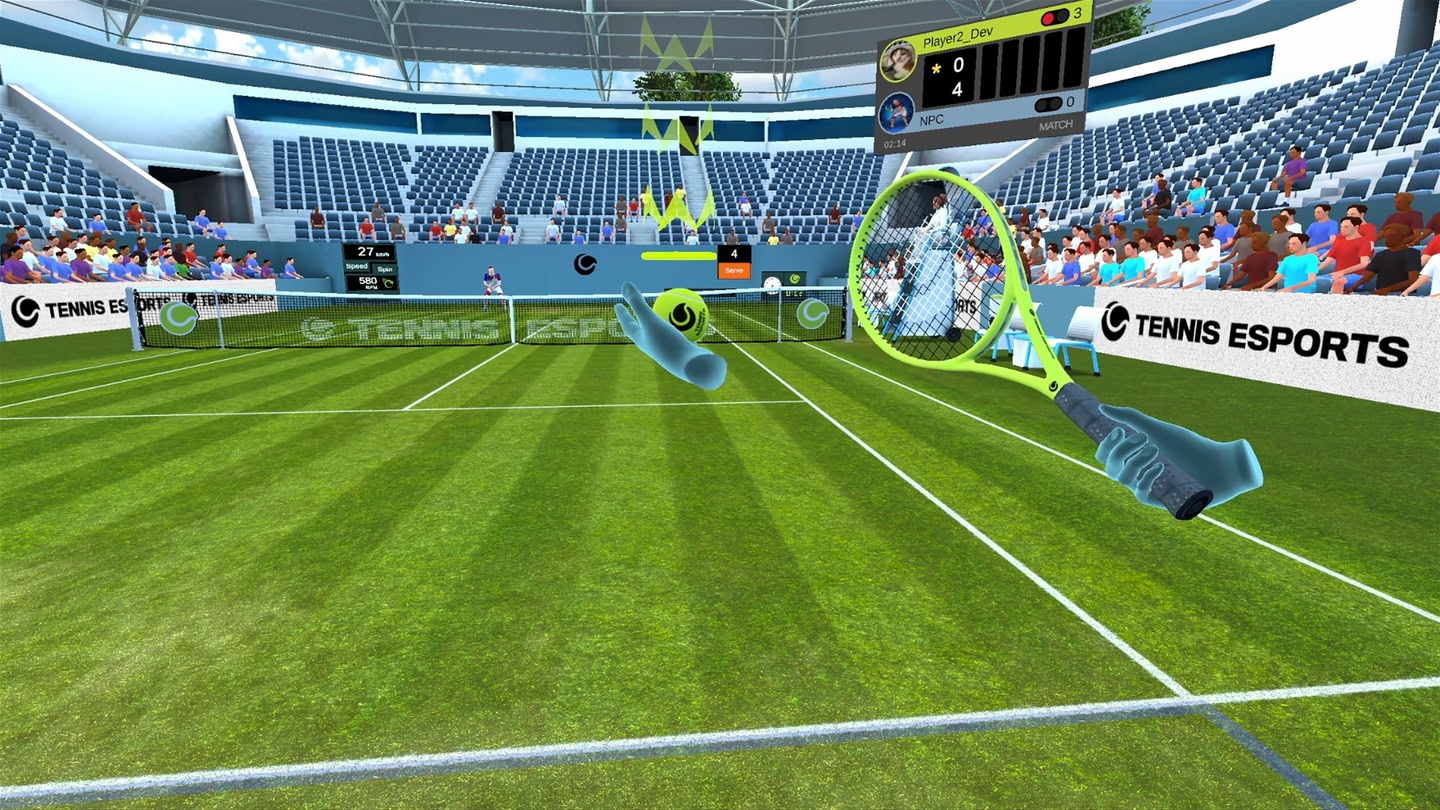
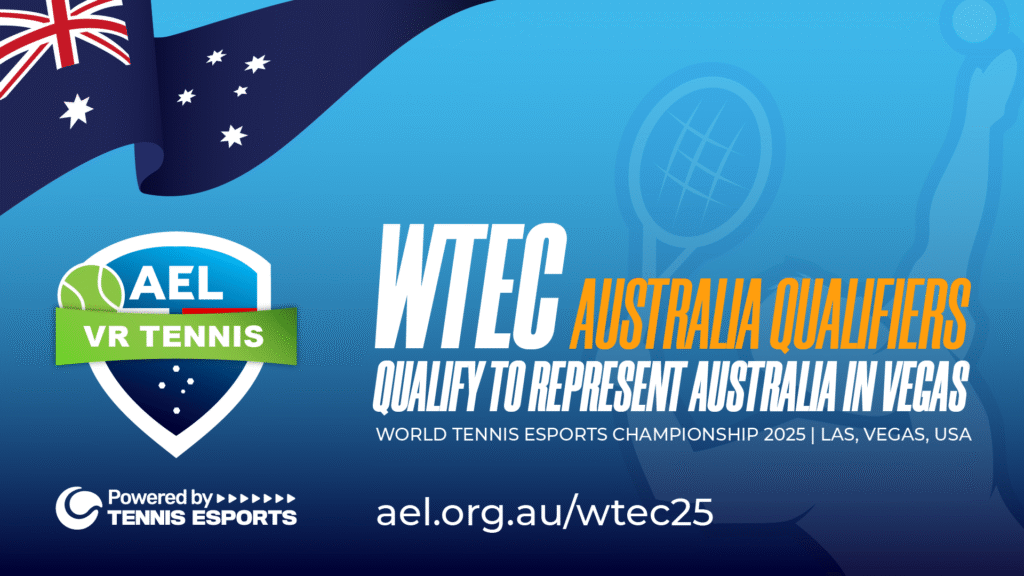

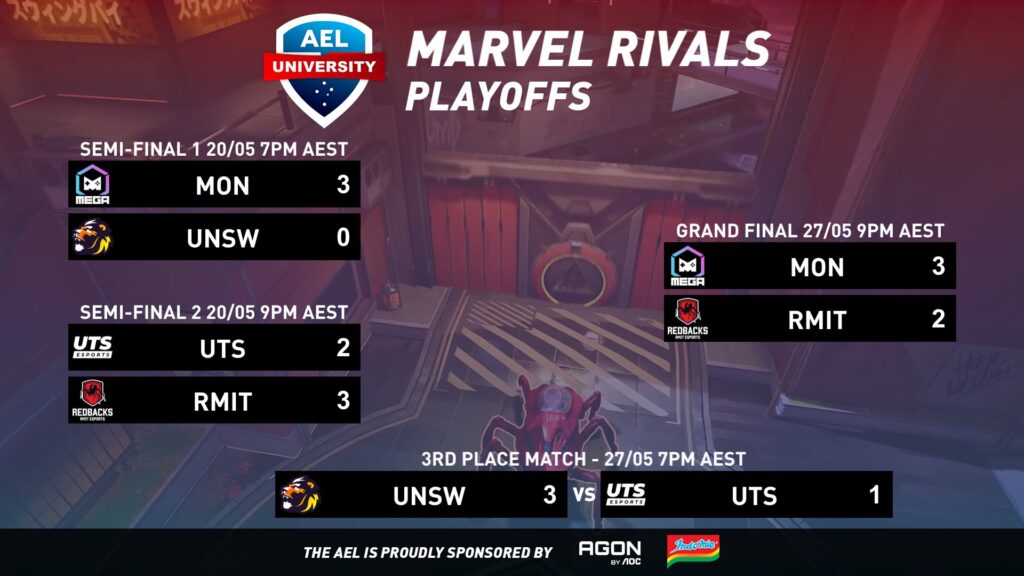
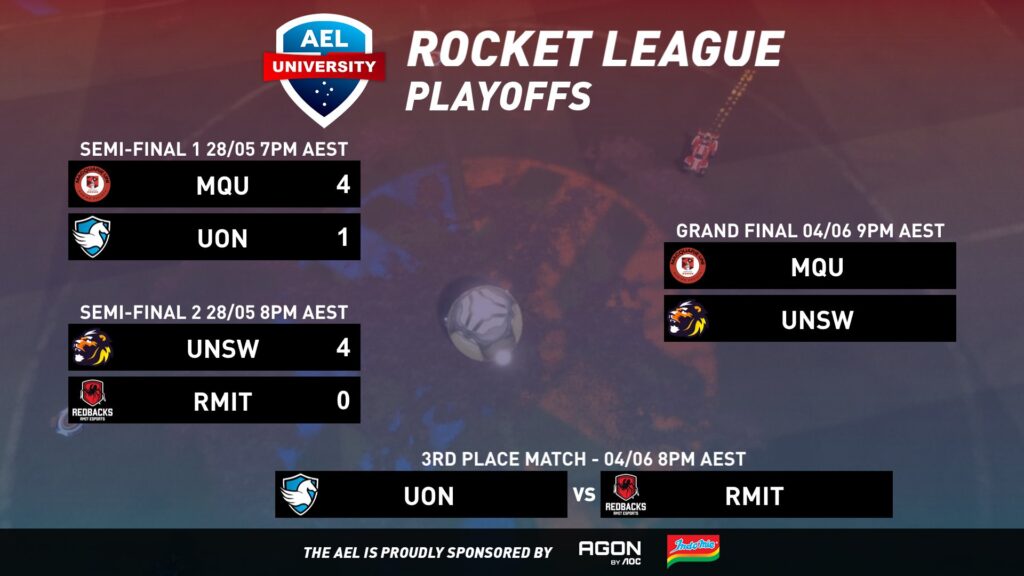
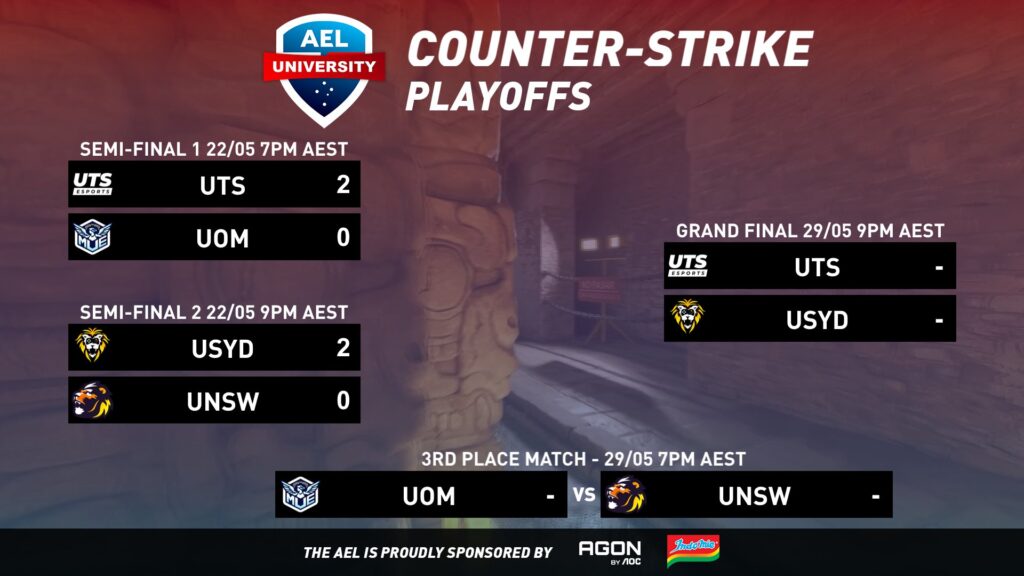

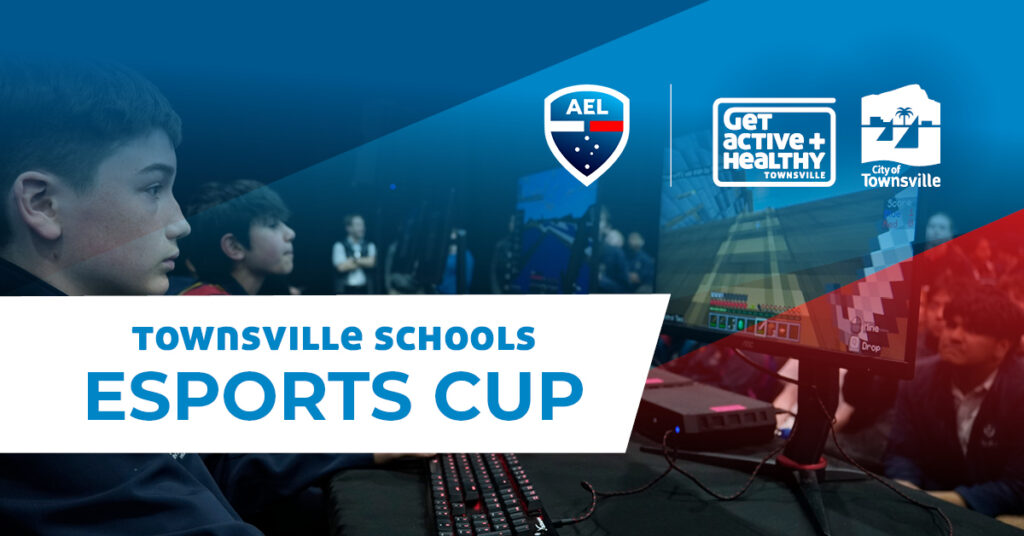
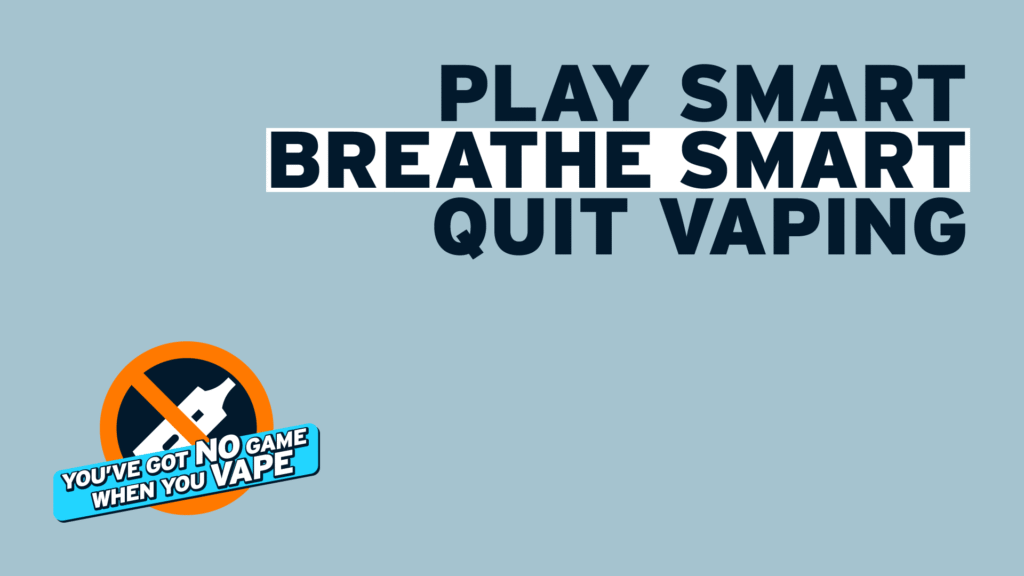


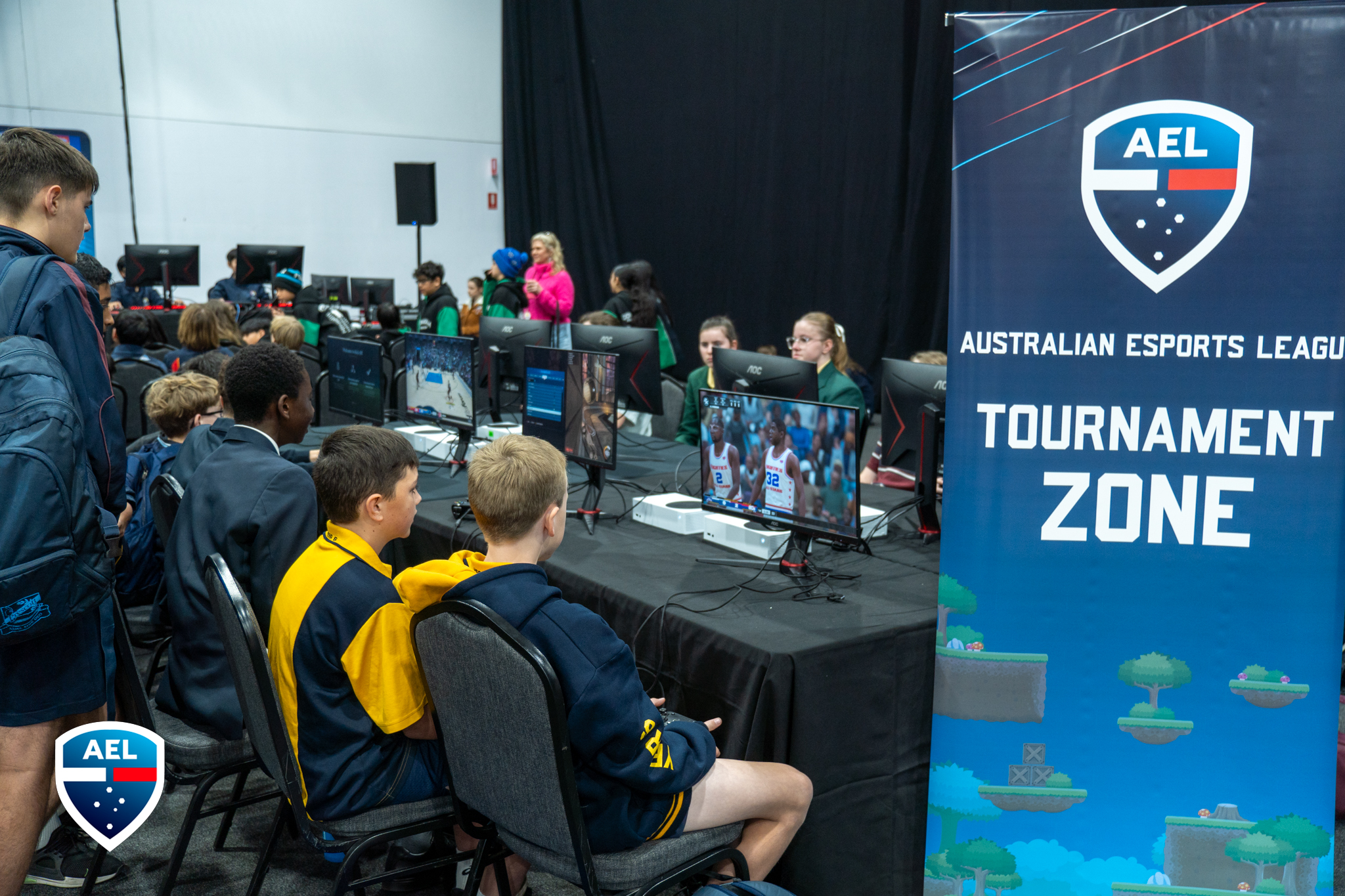
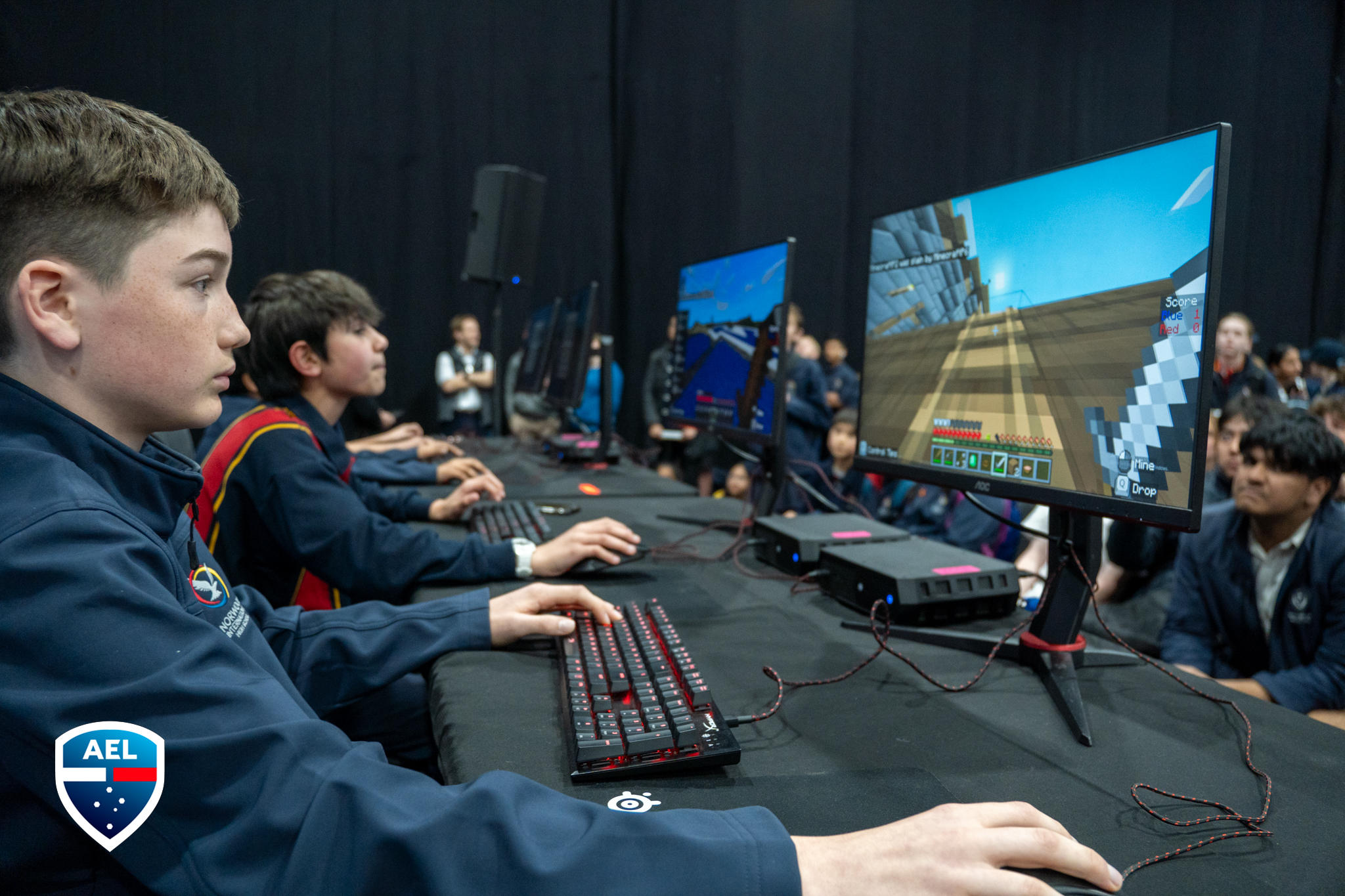
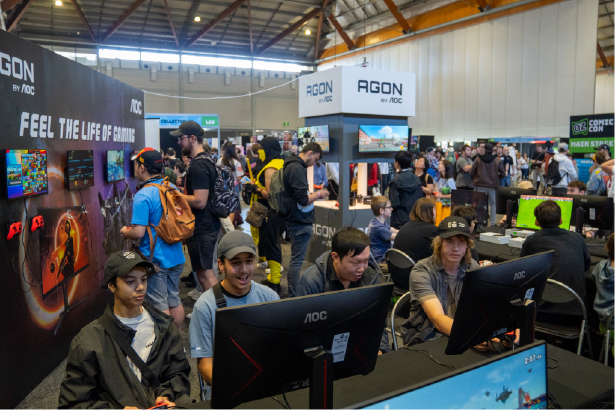
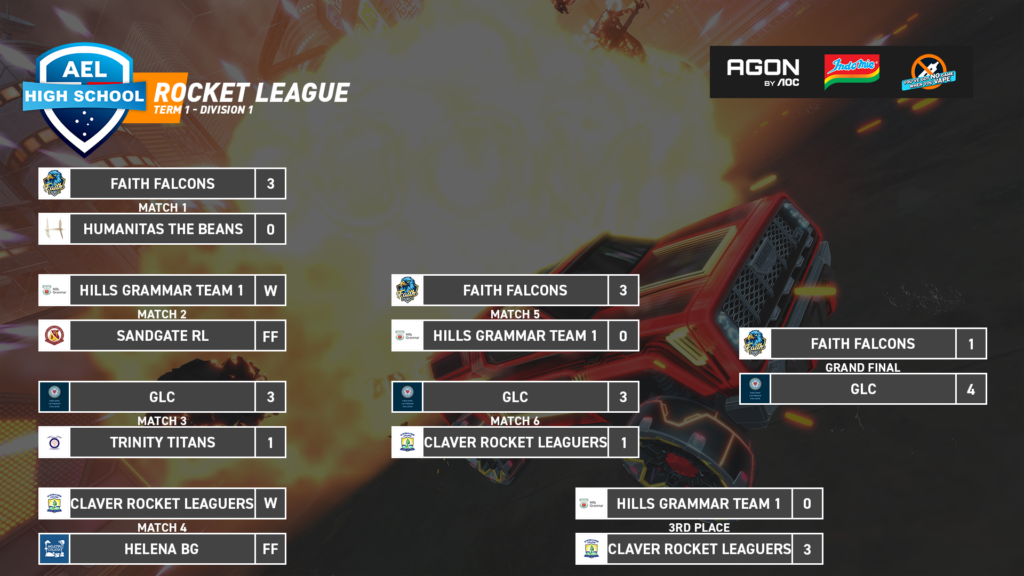
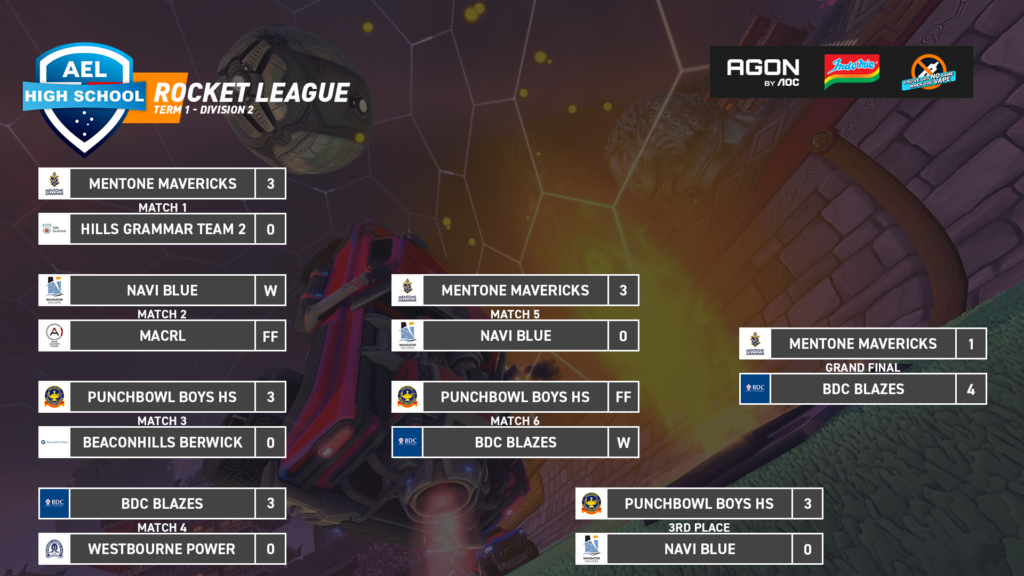
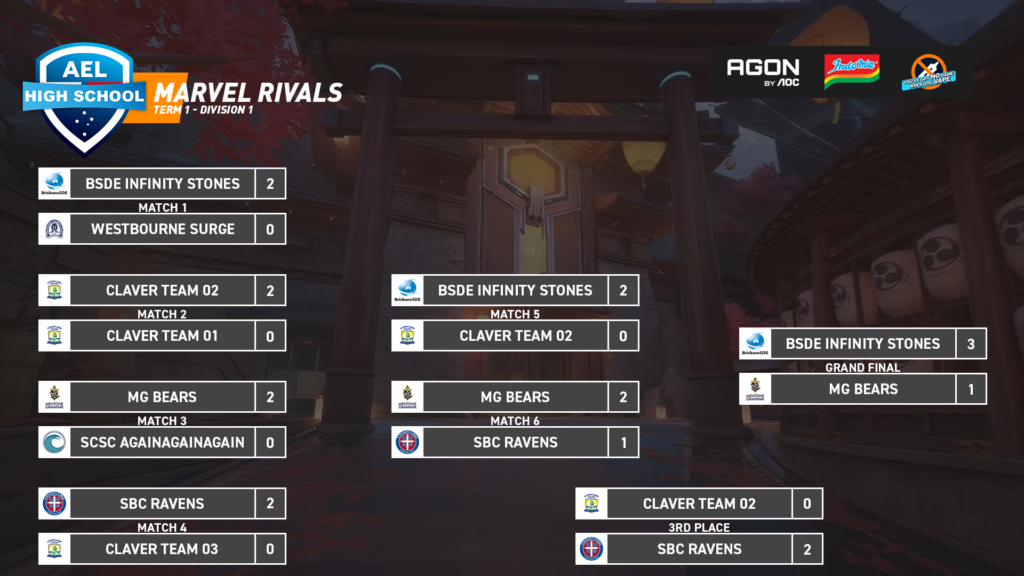
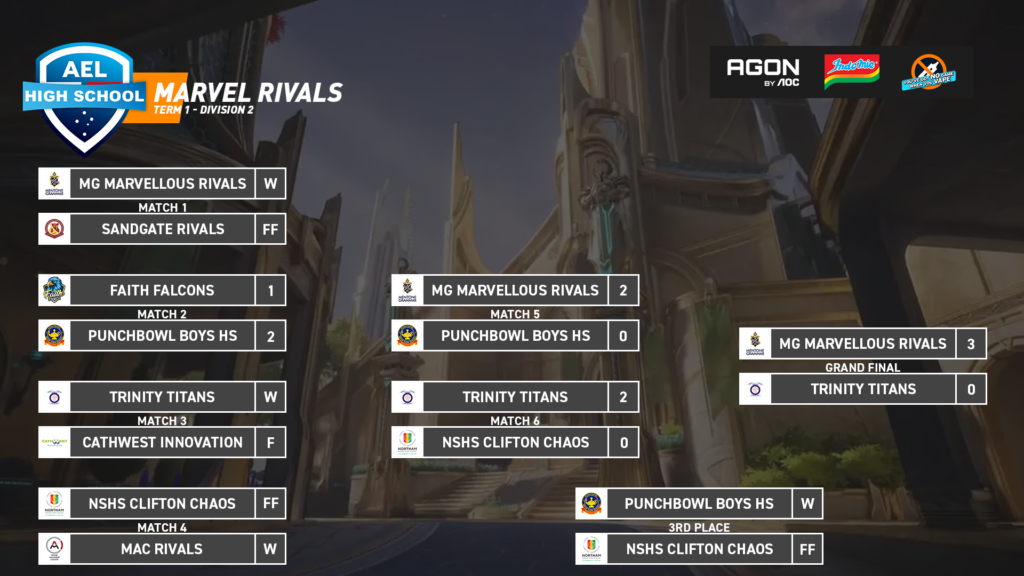
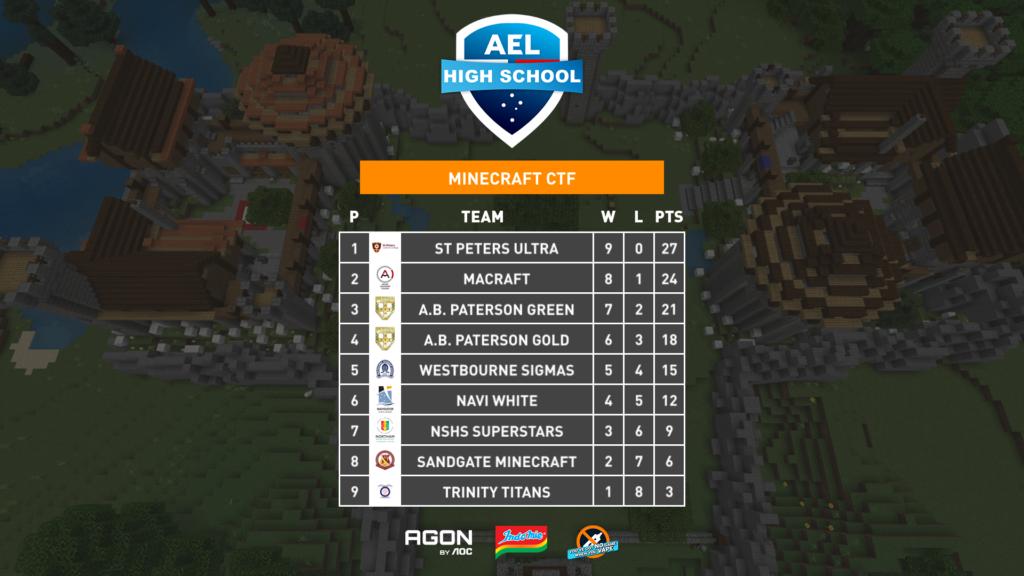
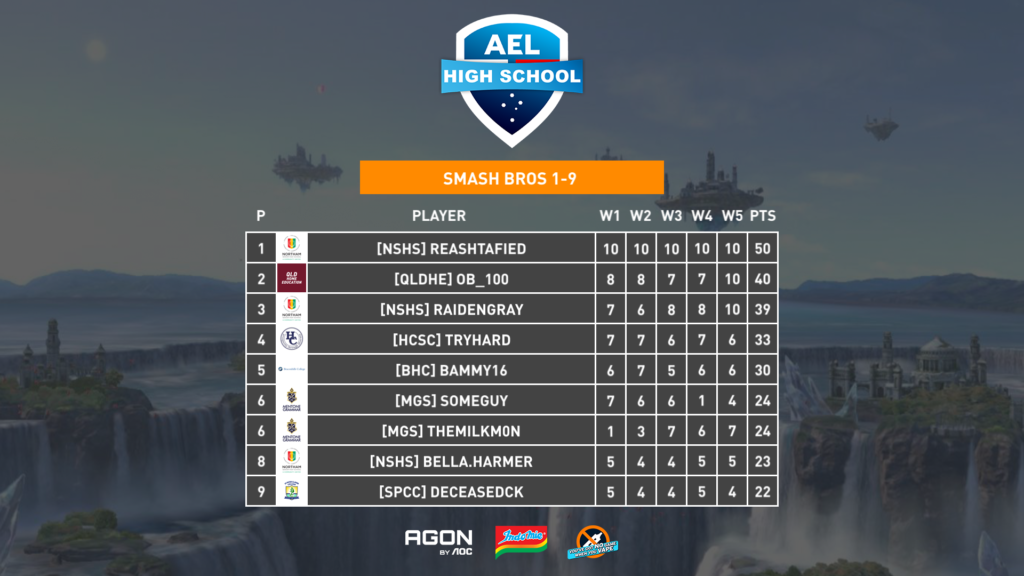
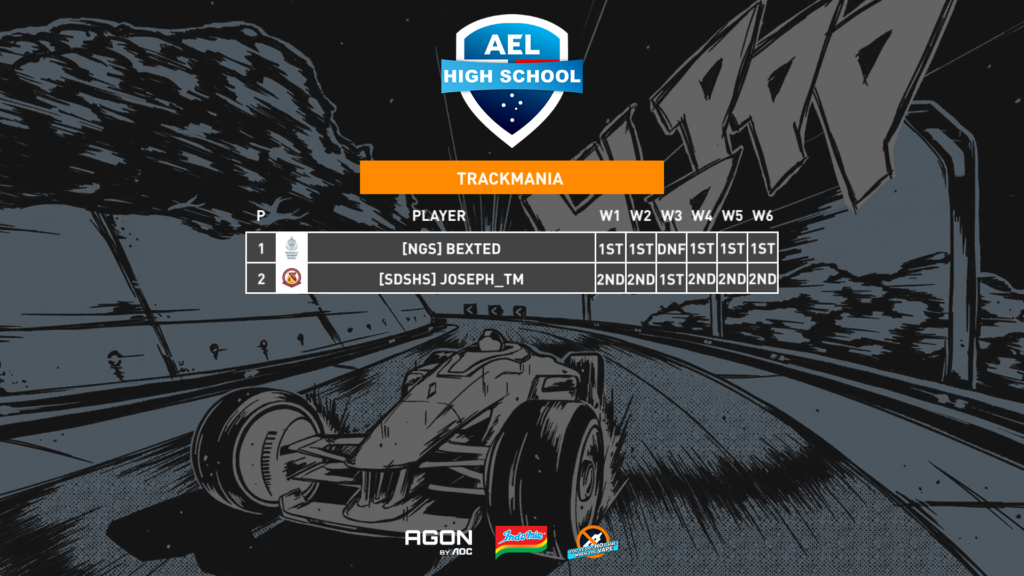
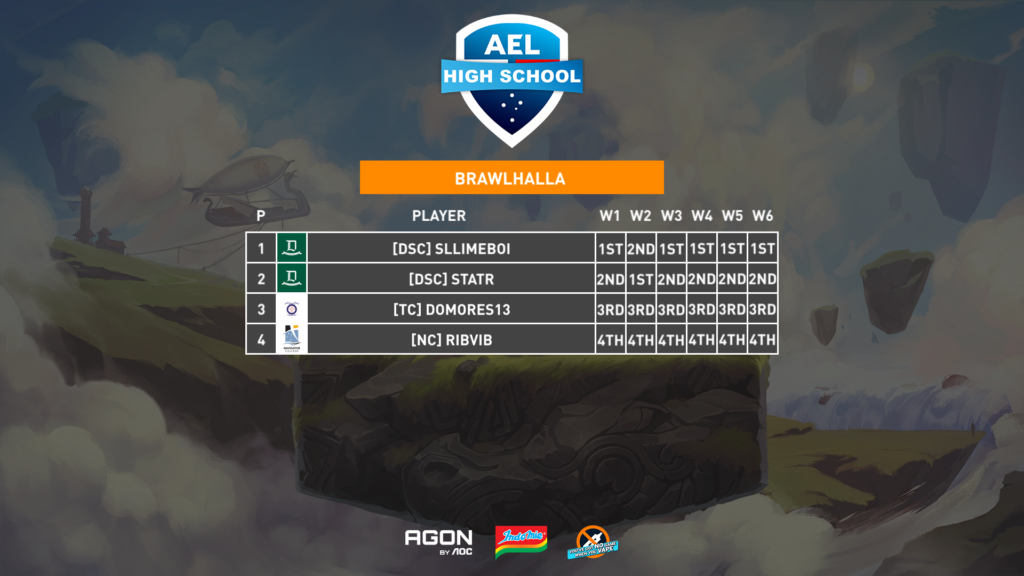
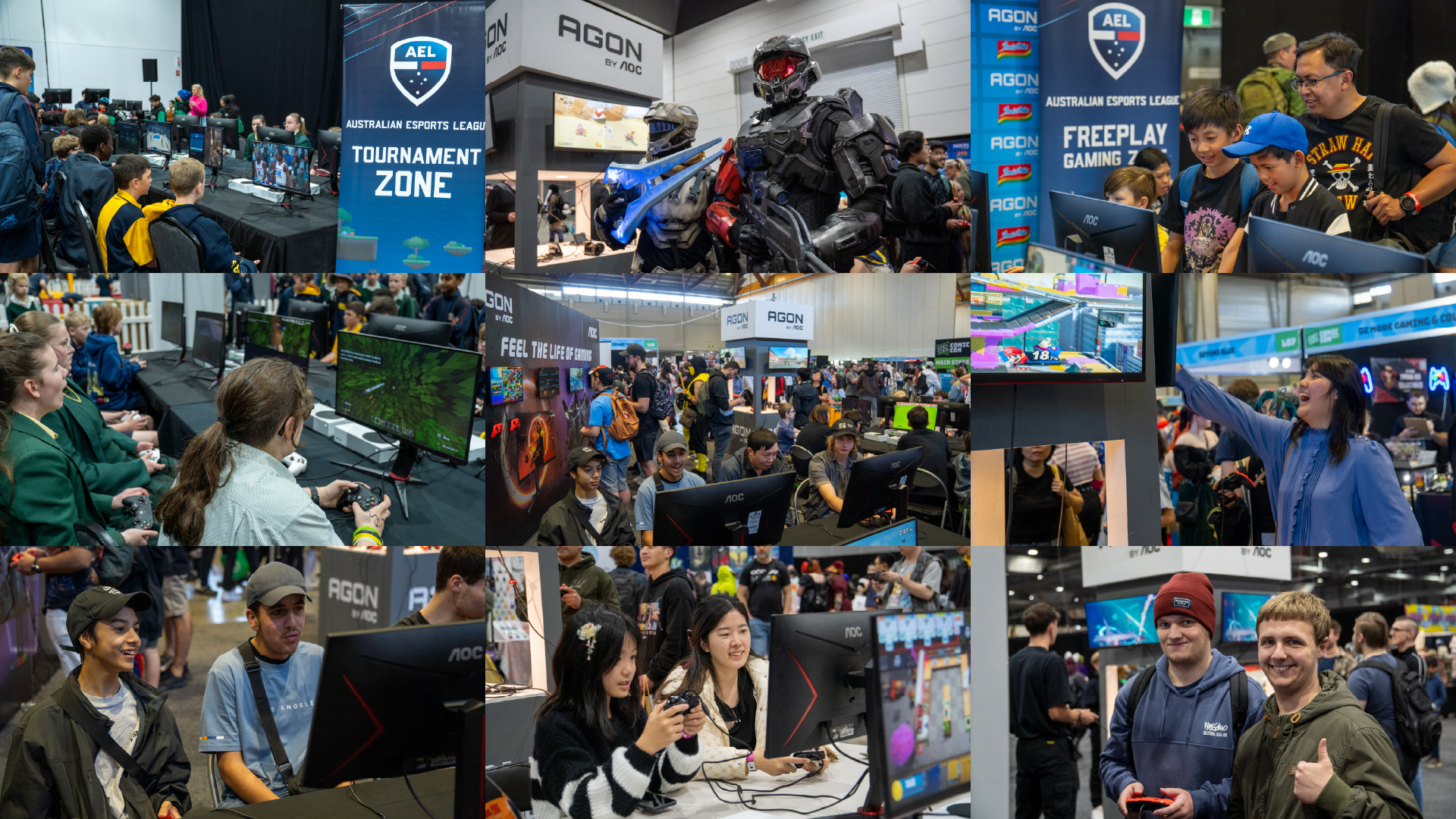



Recent Comments